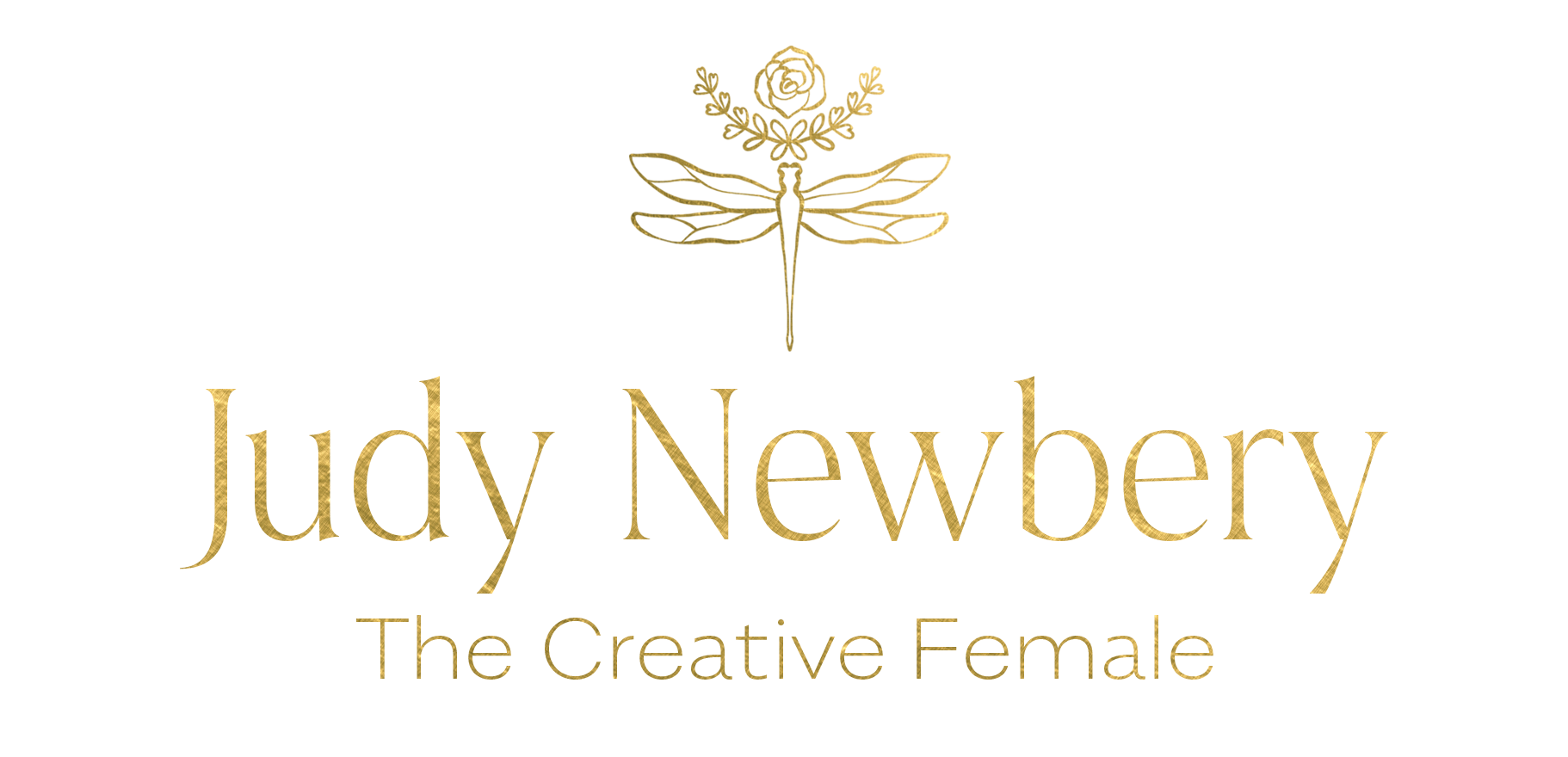
Viruses are a hot topic at the moment. What actually are they and why do they make us sick?
Viruses are microscopic organisms made up of genetic material, either DNA or RNA. They are an intricate part of life forms, including humans and some scientists believe they are the precursors to life. 80% of our genes are said to have originated from viruses. They are an important part of the microorganisms that live within us. There are said to be 1-2 million different types of viruses, but only 5-6,000 have been identified.
Viruses cannot replicate by themselves so they need a host cell to survive. They attach to human cells in different ways and once inside our cells, they replicate and spread to surrounding tissue to create more virus particles.
As they replicate, mutations occur and these mutations happen all the time. These mutations are errors and the virus tries to correct these. If it’s a DNA virus it can repair errors, but if it’s a RNA virus it can’t. Coronavirus is a RNA virus so many mutations occur. Some mutations are able to infect more people and become stronger, while most mutations actually destroy the virus.
So why do viruses make us sick? Viruses make us sick by killing cells or disrupting their function, depending on how quickly they are released inside the body. We become ill when a virus has established an infection in multiple cells and the body’s normal functioning is changed.
Our immune system is our defence system and acts to fight foreign substances. It is also a repair system. Whenever there is tissue damage eg. from a wound, it removes dead cells and helps new ones to form.
When our immune system detects a virus, it starts to produce antibodies to fight the invader. Our body responds with a fever to inactivate the virus with heat, and secretes chemicals that stop the virus from reproducing. Our immune system works to eliminate the infection and remembers the virus, in case a swift response is needed next time it meets it again.
We’re exposed to viruses every day, but our immune system prevents the vast majority of them from taking hold – especially those that we’ve fought off before, or been vaccinated against.
So what can we do to prevent becoming ill when we encounter a virus? A strong and healthy immune system is our best defence. The state of our immune system will determine whether we become ill or how quickly we recover. In terms of vaccinations, a strong immune system will also determine if you have reactions and how severe they are.
A healthy diet with lots of green leafy vegetables, less processed food and adequate hydration, along with immune boosting supplements such as Vitamin C, D3, A and Zinc will all boost the immune system.
Practical measures such as hand washing with soap or using alcohol, breaks down the cell membrane of viruses such as the Coronavirus and kills the virus. Reducing stress and spending time in nature, moving your body and using meditation have also been shown to be of great benefit. Also replacing fear with knowledge, spending time with friends and boosting those ‘feel good’ hormones.
Reflexology is another powerful tool to increase nutrition, circulation and nerve supply to all your cells. It boosts the immune system by reducing inflammation, stimulating our immune receptors and decreasing stress.
Another thing to remember is that not all viruses are harmful. Viruses in the gut are part of our natural immune system and actually protect the body from invading bacteria. What was once an ancient virus, has now formed into a protein needed for the formation of the placenta in a developing foetus.
Viruses are ever present. They have increased over the years, through environmental changes such as de-forestation, over-breeding of animals, over-processing of foods, climate change, poverty and famine.
Perhaps instead of focusing on destroying viruses, we can instead try and influence our environment, nutrition and our Immune system so that any detrimental impact is lessened. If we can live in harmony, maybe we can find that a balance exists between all parts of our world.
Warmest wishes,
Judy xxx
References: https://www.sciencefocus.com/the-human-body/how-do-viruses-make-us-ill/, https://www.ncbi.nlm.nih.gov/books/NBK209710/, https://www.livescience.com/53272-what-is-a-virus.html, https://scopeblog.stanford.edu/2020/04/03/how-coronaviruses-infect-us-how-infectious-viruses-created-us/, https://microbiologysociety.org/why-microbiology-matters/what-is-microbiology/viruses.html, Touchpoint Denmark – Webinar on Viruses by Dorthe Krogsgaard and Peter Lund.
Disclaimer: Please note that all information in this article is the opinion of the author and obtained through her research and knowledge and the above references. It is not meant to replace medical advice and a medical opinion should always be obtained for any health condition.
